At present, intelligent manufacturing has become a hot spot in the industry. Many companies are eager to try and hope to achieve “minor humanization†by promoting smart manufacturing, reduce costs, and respond flexibly to market changes to better meet customer needs.
Manufacturing industry faces many problems
1. Large amount of data collected during production, low manual input efficiency, large error, and unreliable data
2. Insufficient monitoring of production progress, inaccurate control, poor controllability
3, order production to the workshop in the product, completion and other data is not clear, can not accurately calculate the cost
4, the product quality loss is serious, the repair rate is too high, can not be traced
5, data statistics can not be updated in real time, operating information is asymmetric, it is difficult to guide the future production plan
6, lack of flexible and effective decision analysis platform, business management difficulties.
RFID-based intelligent manufacturing
Smart manufacturing aims to integrate expert knowledge and experience into manufacturing activities such as perception, decision making, and execution, giving products the ability to create online learning and knowledge evolution, and achieve high-quality manufacturing. Its key technologies include IntelliSense technology (RIFD, sensors), artificial intelligence technology, intelligent drive technology, intelligent numerical control technology, and intelligent logistics technology.
RFID Radio Frequency Identification Technology
RFID is an advanced non-contact RF automatic identification technology, which has the advantages of long distance recognition, high speed, strong anti-interference ability, and multi-target recognition. In addition, RFID tags have the advantages that barcodes do not have, such as: waterproof, anti-magnetic, high temperature, long life, read far, data can be changed, can be encrypted, large storage and so on.
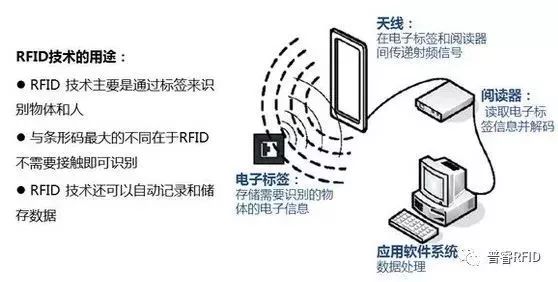
RFID-based intelligent manufacturing solutions
Prudential's intelligent manufacturing solutions achieve and enhance the autonomy and self-optimization of products, machines and people by establishing links between products and machines, machines and machines, and people and machines, thereby significantly increasing production efficiency and production flexibility. At the same time, smart products manufactured and manufactured by Industry 4.0 will be connected to the Internet through Internet of Things technology. Big data and other IT technologies will be used to transform the business model of a company from a product driver to a data driver. Sales service to improve and improve the user experience to achieve business model innovation.
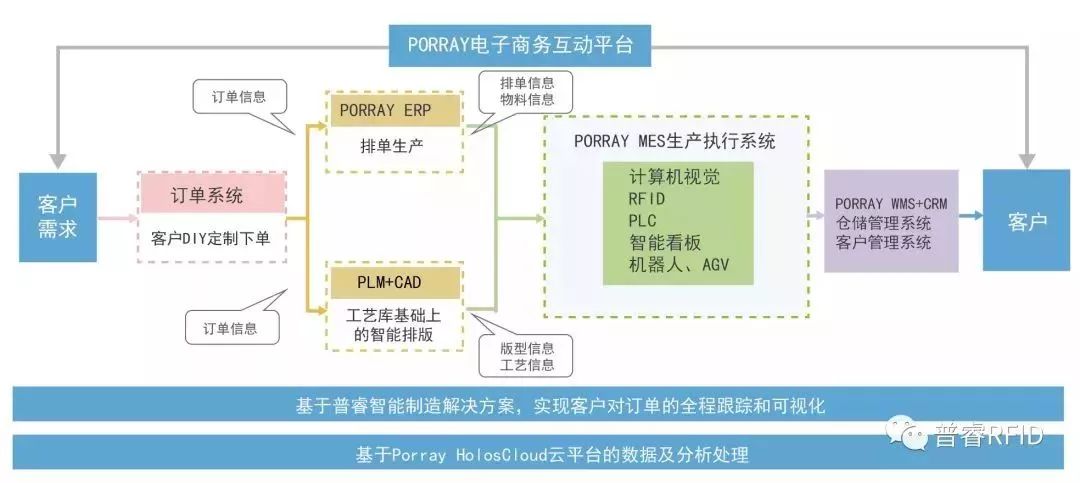
1. Realize automatic identification and real-time management of products in production:
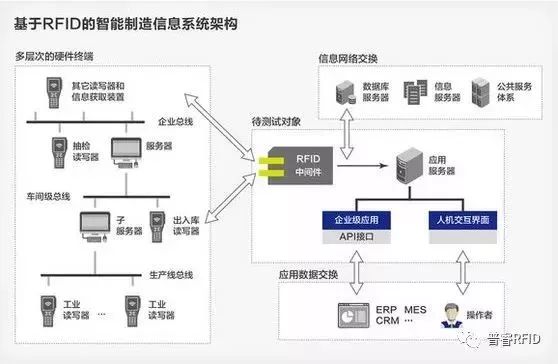
2, real-time tracking of product life cycle:
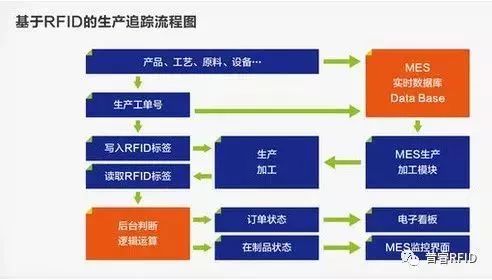
3. Improve the work efficiency and service level of enterprise production management
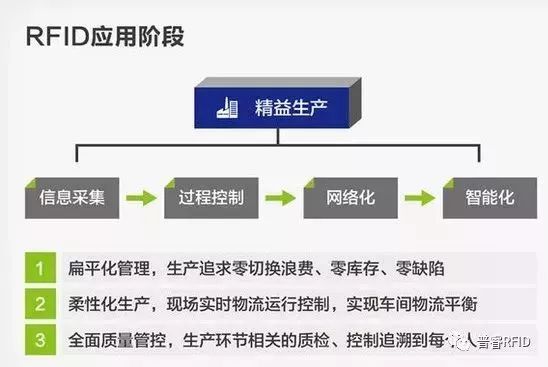
Wide range of applications:
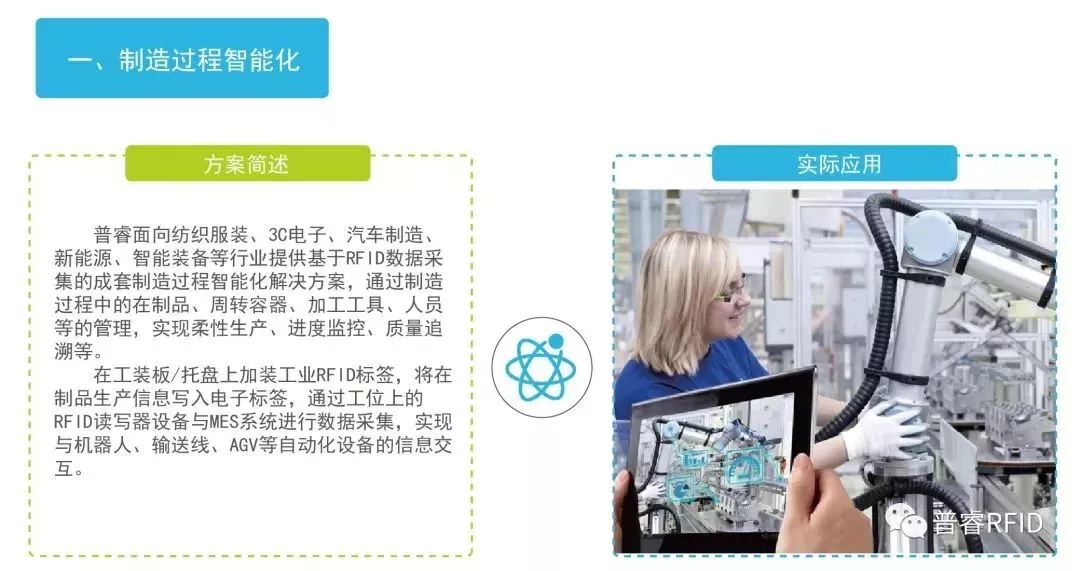
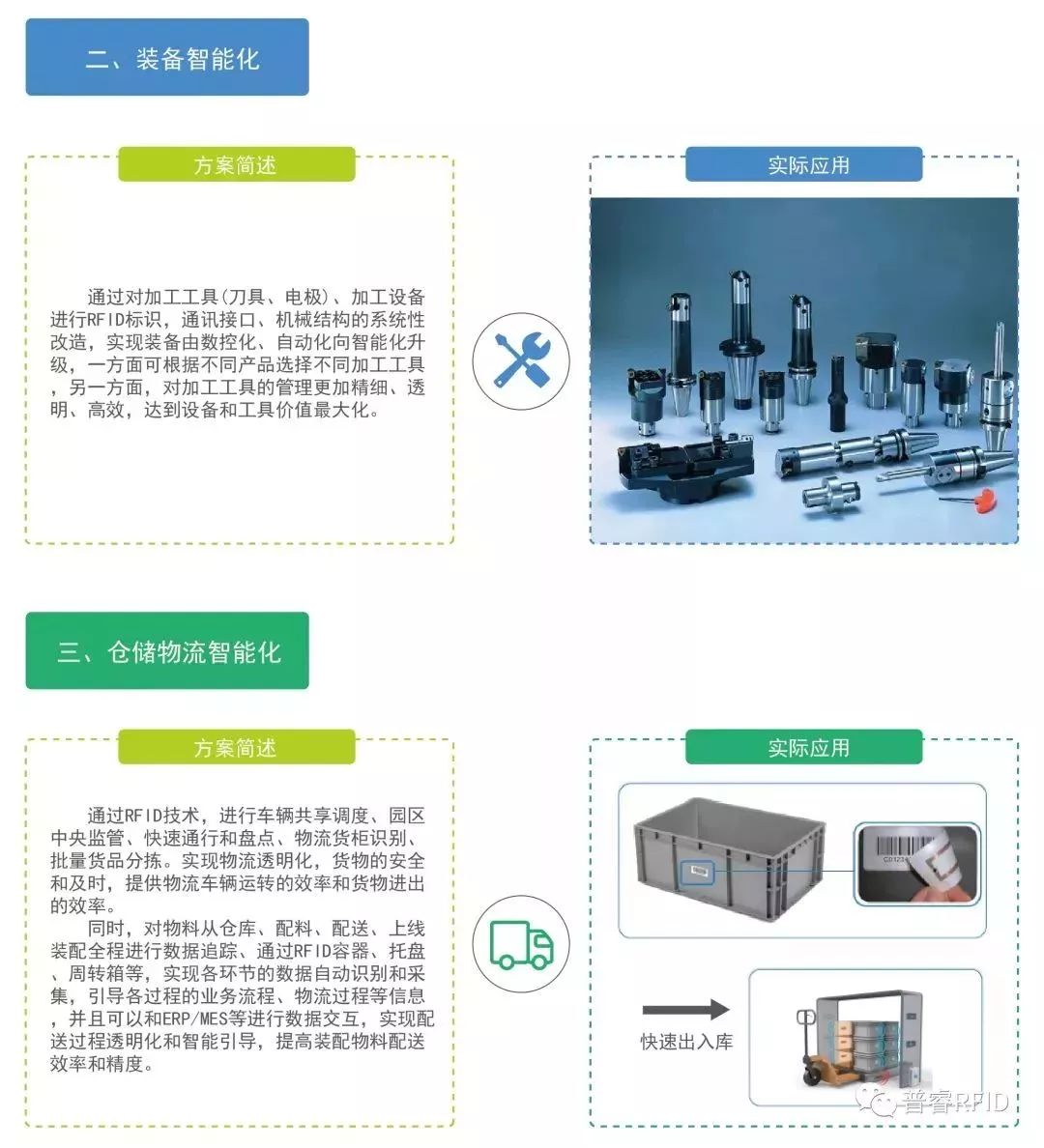
System advantages:
1, to achieve multi-mixed flow assembly, automatic collection of process data, data collection rate increased to 99%;
2. Realize the whole life management of the tool, increase the life, effectively reduce the preparation time of the processing equipment, increase the utilization rate of the machine tool, and reduce the tool inventory by 20%;
3. Reduce material inventory by 20%; Improve distribution efficiency and accuracy by 30%; Increase the utilization of forklifts, AGVs, and other resources by more than 50%.
Lead Acid Batteries,Lead Acid Batteries 12V 100Ah,Lead Acid Batteries Rechargeable,Solar Lead Acid Battery
Jiangsu Stark New Energy Co.,Ltd , https://www.stark-newenergy.com